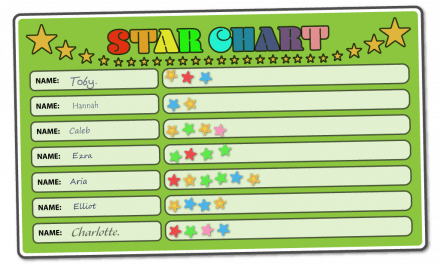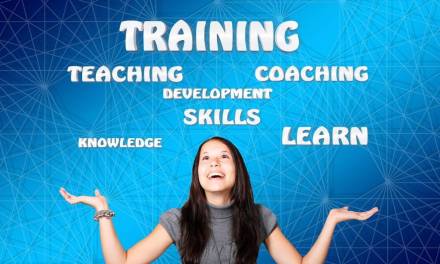For any teacher, the balancing act in recognising every student’s achievement is a tough one.
After all, schools, teachers and educational professionals have never faced more targets to hit and more metrics to yardstick their students against – whilst students themselves now know all too well of exactly how they’re performing compared to their peers and the wider averages.
For the less able in classes of mixed abilities, this can often result in far less frequent recognition – whilst the more able follow a cycle of achievement, and recognition (which then further bolsters their progression) – ultimately, this is the purest demonstration of a ‘self-fulfilling’ prophecy.
Yet there’s a conundrum at play, too – where teachers focus mostly on those who are less able, there can be equally as damaging outcomes, as the underwhelmed and unchallenged resort to bad behaviour.
“Students who continually fail in school or are not challenged by the work presented often resort to forms of misbehaviour”
Celebrating victory in the classroom – the challenge of relative goals
It can be nigh-on impossible to reward on the fly when a teacher faces a class of thirty plus pupils. Remembering exactly what each person is struggling to get to grips with on any one day is a challenge even for the best of memories.
Add to this the need to consider relative goals – goals that are set based on student ability, rather than on traditional goals, such as gaining an A in an assignment, or high marks in an exam – and recognition for all can fall by the wayside.
Daily or weekly goals can help streamline this process – providing focus for students and offering a recorded way of recalling just what each pupil is aiming for – be this the remembering of an equation, recollection of a definition or some other similarly small step toward a better grade.
Simply writing a list of goals before class, and providing them to each pupil at the beginning, can ensure that everyone, no matter of ability, has a goal to focus on based on their capabilities, rather than goals governed by the curriculum that, for some (at least for now), are seemingly unattainable.
A reward system – a teacher tool that promises rewards all round
Inspiring students with intrinsic motivation is a tried, tested and trusted method of influencing students to progress. When a pupil internalises their goal setting, they accept responsibility for it – working toward something and gaining all-important self-determination in the process. Research has consistently shown this to be of critical importance.
“In order to be intrinsically motivated, an individual must believe that his actions produce a change in the environment, and that he is responsible for his own behaviour”
Because of the need for student involvement in the setting of intrinsic objectives (an essential step if the pupil is to feel invested in the goal), intrinsic goals are likely best suited to being formed as part of a weekly or monthly routine.










